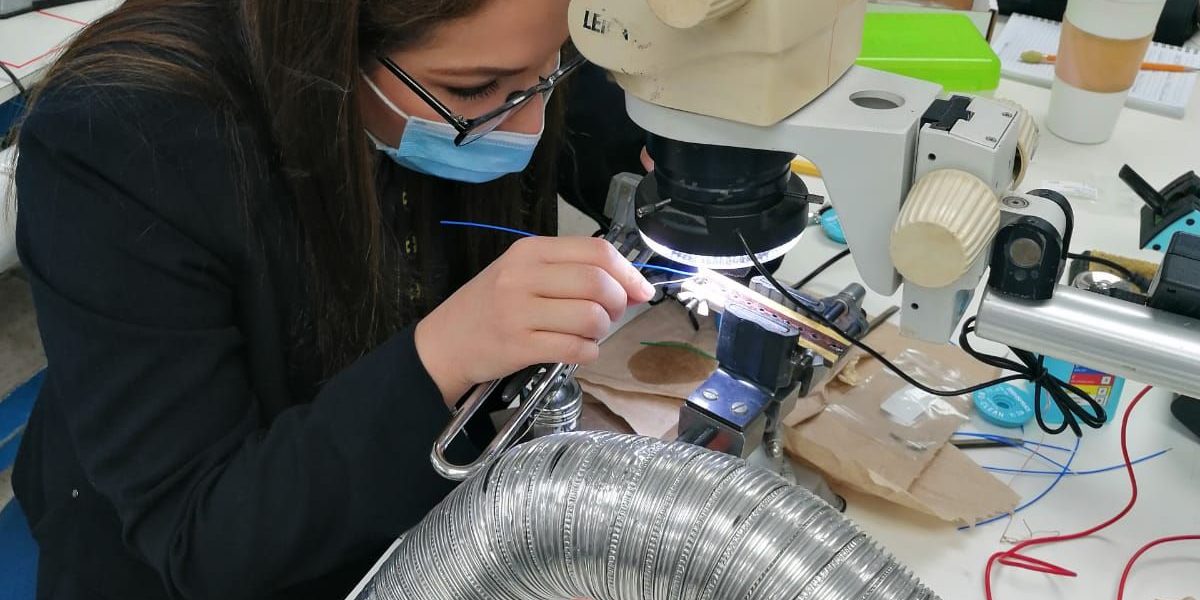IPC certification is essential for the soldering business to achieve quality control, consistency, and excellence.
In an intense competition and ever-changing business, the manufacturing workforce needs training, education, and certification through On-site IPC training programs such as IPC-A-610 certification classes, which are meant to sustain the gold standard of soldering.
Production efficiency is critical to your company’s success, and it begins with hiring and training IPC certified employees. We break out what IPC certification entails for your business in the sections below.
Cross-channel communication improvements
Inconsistencies and production delays can result from miscommunication at any step during the manufacturing process.
Between vendors and manufacturers, consistency is crucial. Maintaining good communication requires both parties to use the same vocabulary and adhere to the same norms, which IPC certification ensures.
Many personnel and managers in the soldering sector credit their success to the IPC standards language.
Cost-cutting
The inevitable effect of consistent output and efficient cross-channel connectivity is a decrease in production costs. Using an IPC trained workforce reduces the amount of projects that must be redone due to soldering errors.
Employees who have completed the J-STD-001 and IPC-A-610 technical courses will be able to evaluate and service products at every level of the assembly line and process, reducing the number of rebuilds and reworks.
This saves money on labor and supplies while also maintaining a better level of quality control.
Consistent Product Development
Consistency is essential for both industry success and profitability. Consumer satisfaction is directly proportional to consistency in production procedures and final product standards. Repeat business is more probable as customer happiness rises.
Maintaining IPC certification through technical training is the best approach to guarantee a constant workforce.
Failure to comply with industrial regulations can have disastrous effects. If your employees do not adhere to IPC standards, it can result in massive duplication of work and waste of labor hours and resources.
It will also harm your reputation with clients and the rest of the industry. IPC certification provides internal uniformity for your firm, ensuring optimal manufacturing.
Why should you prioritize on-site IPC training?
The IPC conducts regular surveys of organizations in the electronics sector, and one of these polls revealed the reasons why workers use IPC courses and certification to improve their knowledge and employment prospects.
According to the study, which included numerous Fortune 500 electronics businesses, there were three key reasons why workers chose these courses over others.
1. Knowledge that is outdated or insufficient
A lack of understanding or outdated information is the reason for workers to engage in a course or certification, according to 57 percent of respondents from 87 prominent electronics companies.
2. Buyer Expectation
The second motivation for involvement, as stated by 46% of those polled, is that possessing an IPC certification is a prerequisite of goods purchasers. IPC Certification indicates that the product the consumer is purchasing is more likely to have fewer manufacturing difficulties.
3. Design of a high-quality, fault-free circuit board
The third reason for involvement, as stated by 40% of respondents, is that IPC certification distinguishes between a defective and a well-designed, fit-for-purpose printed circuit board.
Conclusion
You’ll discover that investing in IPC certification for your employees makes it much easier to deliver high-quality products efficiently and consistently for clients. IPC certifications help your organization establish itself as an industry leader while also ensuring future business growth.
Turn to Blackfox for internationally recognized certifications in IPC standards and technical on-site IPC training for your employees.






